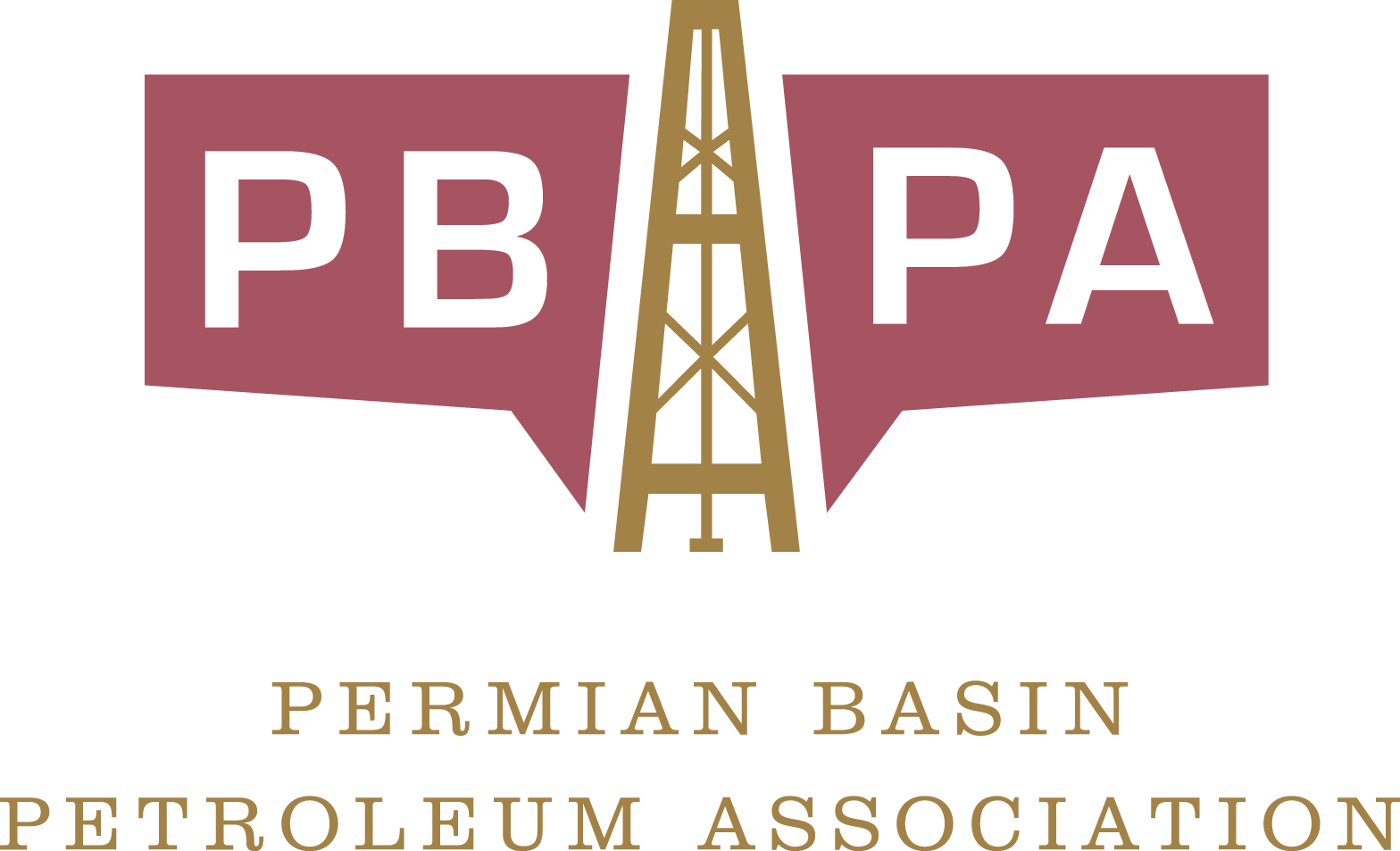Air Quality
What are oil and gas operators doing to protect the air?
All oil and gas operators must strictly comply with TCEQ regulations established to control air emissions. Depending on the nature of the operation and the potential to emit, oil and gas operators may be subject to specific permitting requirements. Companies also must comply with regulations that cover emissions from engines and generators at well sties.
The pressure in pipelines and other production equipment can be monitored from remote sites using computerized systems. Additional tools to inspect equipment for leaks include infrared cameras and handheld emission detection devices. Operators have a proven track record for quickly identifying and repairing faulty equipment. They may install additional air quality equipment to reduce the risk of leaks.
Is the air near oil and gas facilities safe?
Yes. In response to public concerns about benzene levels in the air, numerous state agencies and local governments have conducted independent air and biological sampling. For example, the Texas Department of State Health Services took blood and urine samples from residents near natural gas facilities in DISH, Texas. The residents’ sample results were no different from the rest of the U.S. population.
